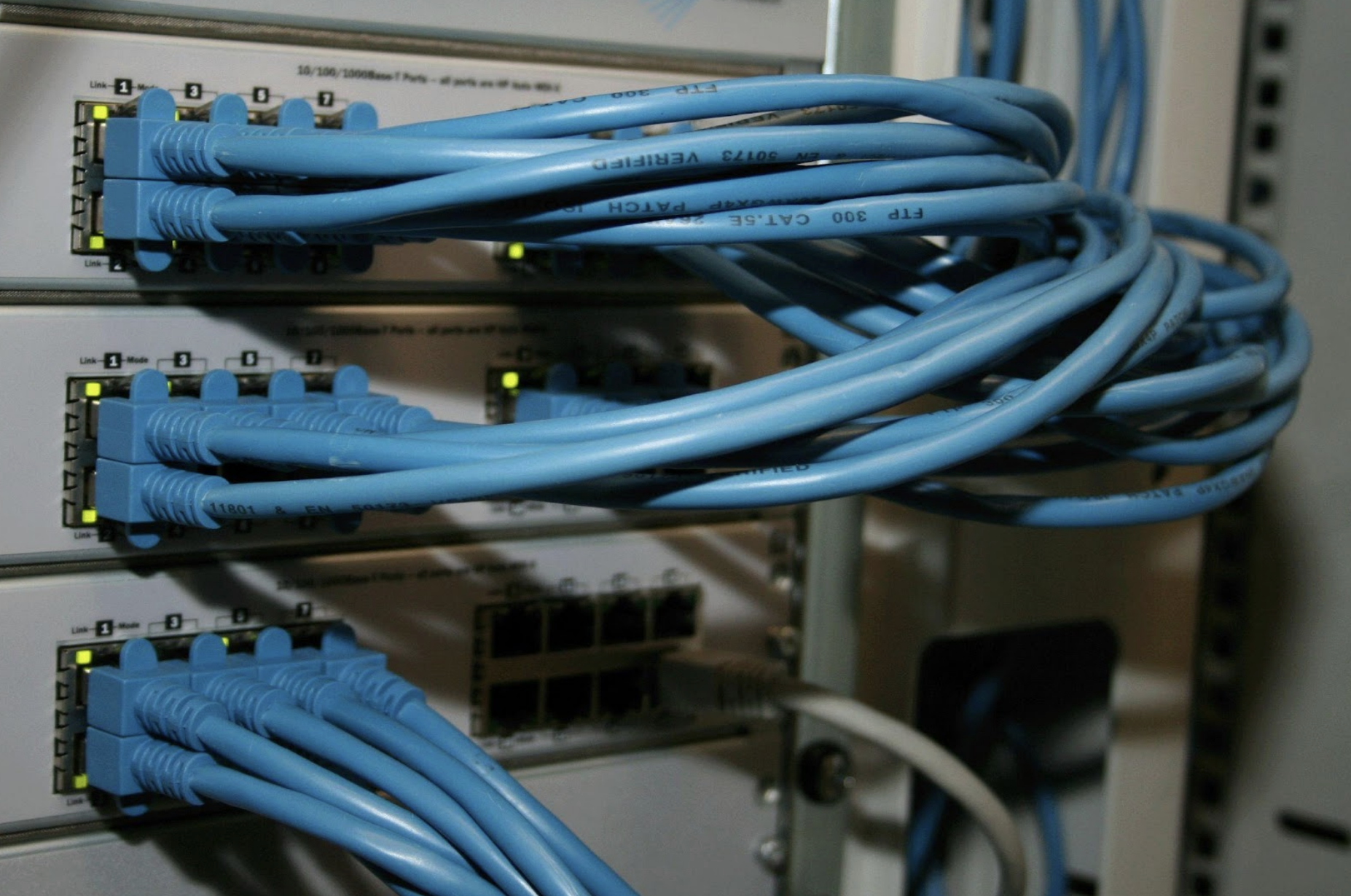
Geolocation isn’t just a buzzword; it’s the backbone of personalized, place-aware experiences online. By mapping IP data to location, brands can localize content, surface nearby inventory, and route traffic efficiently. Mobile plays a key role here: on-the-go interactions depend on reliable devices, and accessories like iPhone 15 Pro MagSafe cases can support seamless usage by helping devices stay secure, accessible, and ready for use.
Beyond engagement, geolocation strengthens trust. Fraud systems flag mismatches between billing and network locations, streaming platforms enforce regional rights, and e-commerce adapts pricing, taxes, and shipping rules by jurisdiction. Retailers in regulated categories, say, celebration supplies ranging from sparklers to a pallet of fireworks, rely on location signals to show compliant options, verify age where required, and coordinate lawful delivery. Used thoughtfully, IP intelligence turns location into relevance, safety, and smarter decision-making across the customer journey.
Understanding Geolocation
Geolocation pinpoints a device's geographical location through various data points. By leveraging IP data, we can gather invaluable insights that enhance both user experience and business decisions.
What Is Geolocation?
Geolocation refers to the identification of a user's specific location using technology that interprets IP addresses. Devices connect to the internet via unique IP addresses that reveal geographical information. Geolocation technology utilizes global positioning systems (GPS), Wi-Fi signals, and cellular network data to determine location. This capability enables businesses to offer location-based services, such as targeted marketing efforts, localized content, and personalized online interactions.
Importance of IP Data
IP data plays a crucial role in digital strategies by providing precise location information. With this data, businesses can tailor content, ensuring relevance for users in different regions. For instance, e-commerce platforms can show localized products and promotions. Additionally, IP data aids in fraud prevention by verifying user locations against account activity, flagging suspicious behavior. The cumulative effect of accurate IP data fosters better decision-making, enhances user engagement, and increases overall transaction security.
How Geolocation Powers Content
Geolocation technology plays a pivotal role in customizing online experiences for users. By utilizing IP data, we can enhance how content is delivered based on a user's precise location.
Personalized User Experiences
Geolocation enables us to create tailored user experiences. For example, e-commerce websites can display products relevant to users' local preferences, ensuring that shoppers see items culturally or seasonally appropriate. By aligning content with geographic relevance, we increase user satisfaction and engagement, leading to higher conversion rates. Streaming services also leverage geolocation to provide localized content libraries, ensuring that users access movies and shows popular in their region. Such personalization fosters a deeper emotional connection between the user and the brand.
Content Localization Strategies
Effective content localization involves adapting messaging, visuals, and promotions to fit specific cultural contexts. We can vary language, currency, and even imagery based on the target audience’s location, creating a more relatable experience. For instance, a marketing campaign for a clothing brand might highlight summer wear in regions experiencing warm weather while promoting winter apparel in cooler areas. This strategic approach not only boosts user engagement but also enhances brand loyalty as users recognize our commitment to catering to their unique needs and preferences.
Fraud Prevention Through Geolocation

Image by Unsplash.
Geolocation plays a pivotal role in fraud prevention by allowing businesses to accurately verify user locations and identify suspicious activities.
Identifying Fraudulent Activities
Identifying fraudulent activities hinges on analyzing location data. We can pinpoint discrepancies between a user's IP address and the shipping or billing address provided. For instance, if a purchase originates from a location inconsistent with previous user behavior or known addresses, it raises red flags. Furthermore, geolocation helps detect account takeover attempts, where fraudsters access accounts from unusual locations. By monitoring these patterns, we enhance fraud detection efforts, significantly reducing potential financial losses.
Geolocation in Advertising
Geolocation enhances advertising strategies by enabling businesses to target customers effectively. By utilizing IP data, we can craft advertisements that resonate with specific audiences based on their locations.
Targeted Advertising Strategies
Targeted advertising strategies leverage geolocation to deliver personalized ads. Businesses can identify users' geographic locations and tailor campaigns, making them more relevant. For example, local restaurants can promote special offers to residents within a designated radius. E-commerce platforms can display region-specific products or pricing adjustments, thereby improving conversion rates. With real-time data, we can optimize ad placements and timing, ensuring that promotions reach users when they're most likely to engage. Enhanced targeting not only increases ad performance but also fosters stronger connections with audiences by addressing their unique needs.
Measuring Ad Effectiveness
Measuring ad effectiveness relies heavily on geolocation analytics. We can track user interactions with targeted ads using location data to assess engagement levels. Key performance metrics, such as conversion rates and click-through rates, can reveal how well the ads resonate with specific demographics. Furthermore, geolocation data allows us to compare performance across different regions, identifying which locations yield the highest returns. By analyzing user behavior patterns based on location, we can refine our strategies and enhance future campaigns, thus maximizing advertising return on investment (ROI). The insights gathered from this analysis drive data-informed decisions and foster continuous improvement. For those interested in learning more about this area, resources from providers such as MaxMind offer additional insights into how IP-based geolocation supports advertising analytics.
Conclusion
Geolocation has become a critical tool for shaping digital experiences, preventing fraud, and driving more effective advertising strategies. By leveraging IP data responsibly, businesses can provide localized content, ensure compliance, and strengthen trust with their users. As technology continues to advance, the role of geolocation will only grow, offering even more opportunities for personalization, security, and smarter decision-making across industries.
Featured Image by Freepik.
Share this post
Leave a comment
All comments are moderated. Spammy and bot submitted comments are deleted. Please submit the comments that are helpful to others, and we'll approve your comments. A comment that includes outbound link will only be approved if the content is relevant to the topic, and has some value to our readers.

Comments (0)
No comment